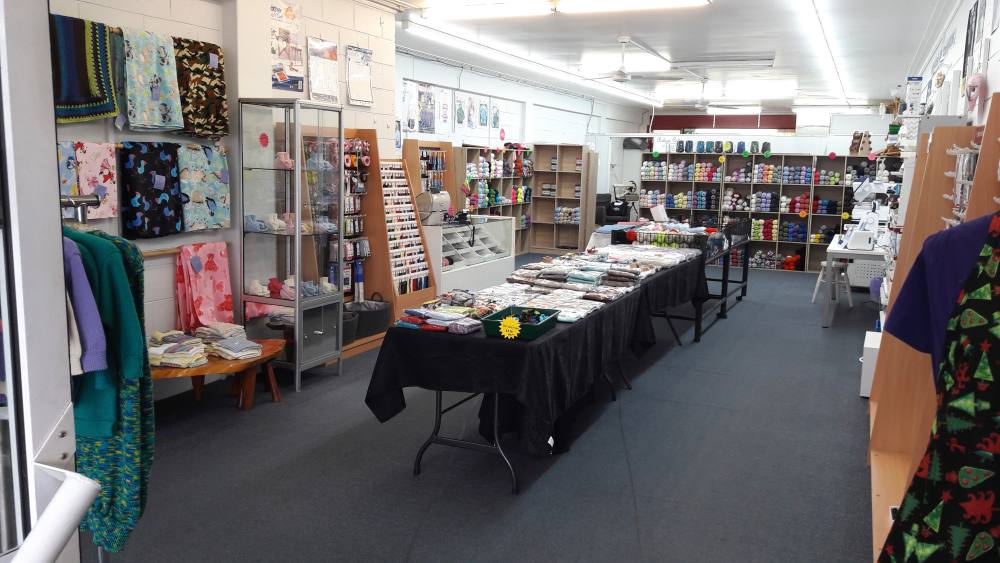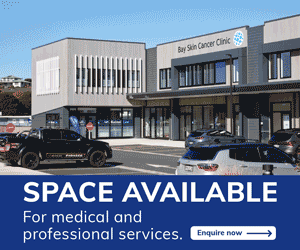A snapshot of where the Bay business community is at, with thanks to the Tauranga Chamber of Commerce for its insights.
[dropcap]P[/dropcap]rime Minister Jacinda Ardern has warned that overcoming COVID-19 in New Zealand would be a “marathon, not a sprint”. The same could be said of the region’s economic recovery, says Tauranga Chamber of Commerce chief executive Matt Cowley.
The announcement of an exit from Level 4 lockdown to a “recovery” state of Level 3 this month was the starting line for many local businesses who were unable to trade for the five-week period. And so begins the process of recovery and adaption to an economic climate shaped by COVID-19.
For businesses looking to kickstart their own recovery, Cowley advises owners not to save their company on their own.
“It’s tough and businesses owners cannot be across everything,” he said.
“They should reach out for support, including their accountant, bank, business mentors, and any government-supported resources, such as the Chamber’s Regional Business Partner Network (RBP) programme.
“It is reassuring to bounce ideas off other knowledgeable people to assist in decision making.”
Helpline for recovery
Since lockdown began, the Chamber’s RBP programme, or Biz Hub helpline, has been in contact with nearly 600 businesses in the Bay, all seeking business advice, direction and support.
What began with queries regarding short-term cashflow issues and access to the wage subsidy, have shifted to a long-term focus – advice for businesses that can’t trade on how to diversify their offering, business continuity planning, marketing and sales training, and more.
Business advisor Kirstin Mead said:”People were really grateful to have this business support available, to be able to speak with an experienced business advisor who can help them get the right support for their business.”
Mead said there were a number of ways businesses can adapt, including digital transformation to allow for eCommerce, buying local as both a member of the public and also in a business-to-business capacity, and taking charge of the new ways of working around health and safety (eg social distancing) to be ready to hit the ground running when doors can fully open.
As we cascade down the alert levels, our long-term view on the horizon should increase.” – Matt Cowley
Chamber engagement co-ordinator Anne Pankhurst has been with the Chamber through a number of regional crises, including the Rena disaster and the Global Financial Crisis. Her advice to businesses looking to rebuild is to take the time to review and reset their business model.
“The recovery could be long and so doing business as it was, is likely to change,” she said.
“Those businesses that think strategically in this time will be best placed to come out of this crisis. Those that don’t expect to return to business as usual will recover quicker.”
Adapt to survive
But many local businesses profiled here and elsewhere in this issue have demonstrated just how flexible they can be. For example, Greerton retail business owner Robyn Parker was devastated when the doors of her craft store closed in March. Uncertain about the future of her business, she found solace in attending regular webinars.
“Mentally, they helped a great deal, as I felt like we weren’t alone in this,” she said.
“The webinars helped me turn around our thinking to make the most of this time. I learnt how to use Zoom and FaceTime, and begun using video calling to help my customers with their crafting problems.”
Taking her newly acquired digital skills to the next level, Robyn is working with website provider Zeald to develop an eCommerce site and has created an online community of her customers that she never imagined would be possible.
Mount Maunganui café The General also saw trade turn down during lockdown. Owners Malika Ganley and Aaron Winter have made the decision to also stay closed during Level 3, as it is not viable for their business to open, and hopes for the Level 2 announcement to be soon.
“There is no doubt it will affect the way our business was running [compared to] pre-COVID, but we are using this time to work on refining the business.”
The pair were granted capability funding through the RBP programme and are now working with business growth centre The Icehouse to review their current operations and plan for next steps.
“They have been encouraging, inspiring and have set us on a very direct course with where we need to be heading. This coaching is exactly what we needed and will play a big role in us hitting the ground running.”
Regional recovery a process
Like individual businesses, the region also needs a plan to adapt to survive. Cowley said the Bay’s recovery would be a transition as the business community addressed the immediate crisis, while looking to reposition itself.
“For example, New Zealand’s border restrictions will restrict the country’s supply of international seasonal and skilled labour,” he said.
“We will have to use our existing labour force better, and make it easier for people to retrain to fill job vacancies. The region would benefit from coordinating supply chains as the border restrictions are causing air freight fees to increase for importers and exporters.”
The region would also benefit from reconsidering its long-term economic plan, he said.


















